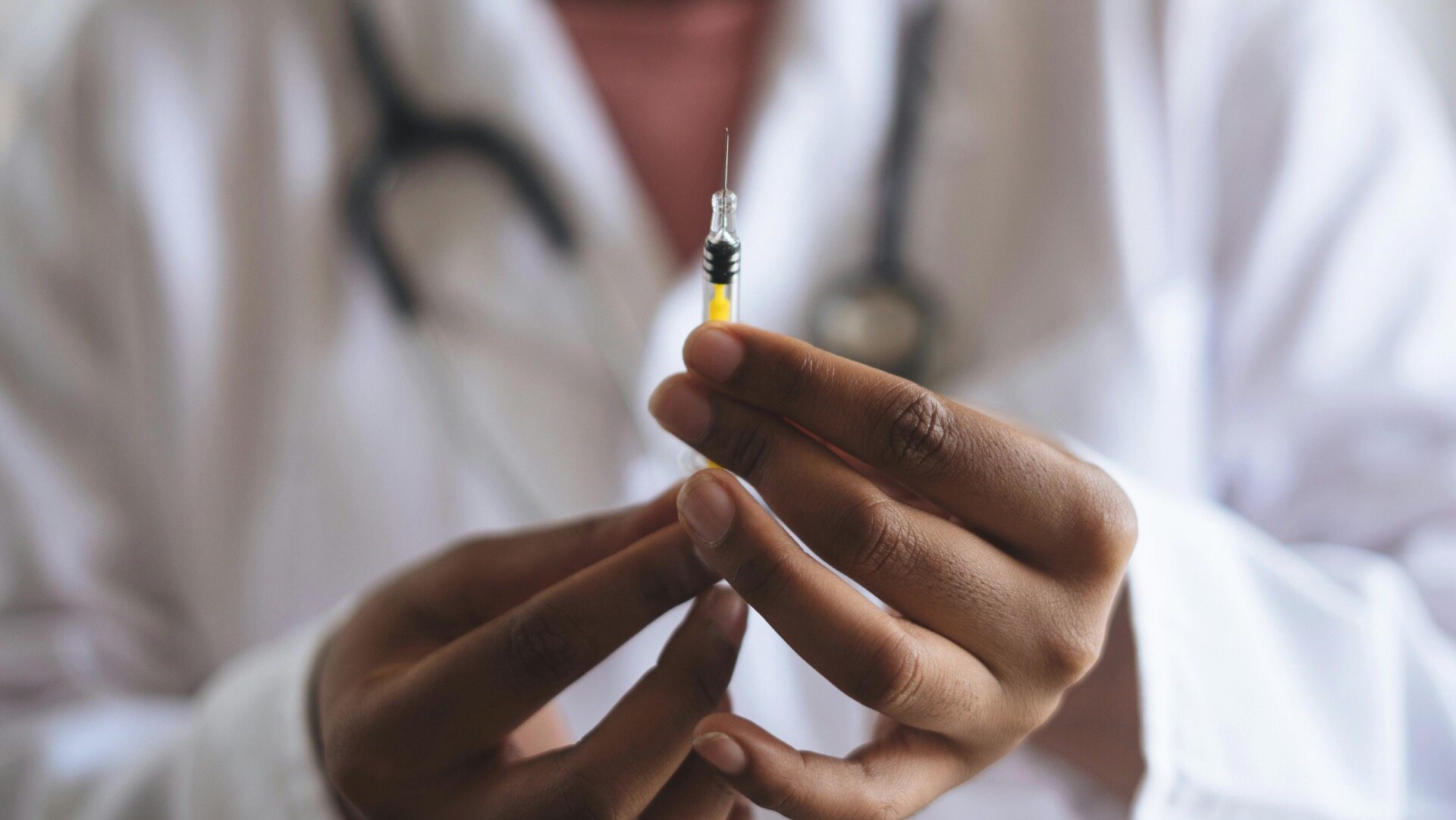NHS begins rollout of the world’s first gonorrhoea vaccination programme
Health officials say the programme could prevent up to 100,000 cases over the next decade, saving the NHS more than £7.9 million
By Callum Wells

The NHS has begun the rollout of the world’s first vaccination programme against gonorrhoea, offering free jabs in sexual health clinics across England to those most at risk of infection.
From Monday 4 August, eligible patients – including gay and bisexual men with a recent history of multiple sexual partners and a bacterial STI in the previous 12 months – will be offered the 4CMenB vaccine. Already used to protect against meningococcal disease, it has also been proven to reduce the risk of gonorrhoea.
Health officials say the programme could prevent up to 100,000 cases over the next decade, saving the NHS more than £7.9 million. It also aims to tackle the growing problem of antibiotic-resistant strains of the infection.
Highest level of diagnoses
The rollout comes as gonorrhoea diagnoses in England reach their highest level since records began. In 2023, more than 85,000 cases were reported – triple the number recorded in 2012.
Public Health and Prevention Minister Ashley Dalton described the move as “a major breakthrough in preventing an infection that has reached record levels”, urging those eligible to come forward.
Consultant epidemiologist Dr Sema Mandal of the UK Health Security Agency called the programme “hugely welcome”, adding: “We’re currently seeing very concerning numbers of gonorrhoea, including antibiotic-resistant strains. The vaccine will give much-needed protection to those that need it most.”
Government’s Plan for Change
The vaccination initiative is part of the government’s Plan for Change, which focuses on preventing illness before it occurs. Patients attending sexual health clinics for the gonorrhoea jab will also be offered vaccinations against mpox, hepatitis A and B, and human papillomavirus (HPV).
Dr Amanda Doyle, NHS national director for primary care and community services, said: “This vaccine is already used to protect against Men B and is proven to be effective against gonorrhoea, preventing the spread of infection and reducing the rising rates of antibiotic-resistant strains.”
The 4CMenB vaccine is expected to be available in sexual health clinics across every region of England by 4 September.
In his regular Attitude column, Dr. Ranj Singh said: “We’ve already seen how effective our community can be in driving vaccination success. During the 2022 mpox outbreak, swift uptake of the smallpox-derived vaccine helped contain the crisis in a matter of months. But alongside that success came voices of resistance who spread conspiracy theories, stoking stigma and undermining trust.
“We can’t let those same voices sabotage this new effort. The reality is simple: gonorrhoea is common, rising fast, and becoming more difficult to treat. We need every weapon we can get.
“The decision to launch this vaccination campaign is grounded in solid science and a strong public health imperative. It was recommended by the Joint Committee on Vaccination and Immunisation (JCVI), the expert group that advises UK health departments on immunisation strategy. Their guidance is clear: the rise in gonorrhoea cases — particularly among GBMSM — combined with increasing resistance to treatment, requires urgent and innovative intervention.”

What is Gonorrhoea?
Gonorrhea is a common sexually transmitted infection (STI) caused by bacteria. It can infect the genitals, rectum, and throat.
Symptoms can include:
Pain or burning when peeing
Unusual discharge from the penis, vagina, or anus
Pain or swelling in testicles
Sometimes, no symptoms at all
If untreated, gonorrhea can lead to serious health problems, including infertility.
It’s easy to test for and treat – usually with antibiotics. Using condoms and getting regular sexual health checks helps protect you and your partners.
If you think you might have it, don’t wait: get tested at a sexual health clinic or your GP.
Source: NHS
